Whether or not we like to admit it, wine tasting is a subjective experience. We all have different palates when it comes to food, music, movies, and entertainment, and we're certainly not built alike when it comes to enjoying wine. Confessing you dislike a 92 point wine is no crime, and it does not label you a philistine.
It’s important to remember that wine ratings come from people. Ratings are not the result of extensive scientific testing! A wine’s rating is one person’s (sometimes a panel’s) subjective response to a given experience of that wine. (Often, because of diversity within panels, wines come out with ratings lower than if they were tasted and rated independently!)
This is where following a specific taster with similar preferences comes in handy. Once you find a high-rated wine you really like, discover who did the rating and see if this individual’s other high marks give you similar satisfaction. If so, follow this taster for wines you’re more likely to enjoy. This is similar to keeping up with the releases of your favorite bands or artists; chances are good that you’ll like them or, at the least, find them worthy of some merit. Equally important, learn who gave great ratings to wines you particularly dislike. If you come across highly-ranked bottles by these individuals, you may think twice about taking a chance on them.
Remember, you cannot reduce wine to a number. The multifaceted, multivariable experience of wine tasting can never be adequately expressed by a double digit. Remember our previous post,
Fooled by Numbers: Wine Ratings and You? Don’t let a wine’s rating impact your tasting enjoyment. Follow the pathways paved by raters with similar tastes, but in the end let your tongue be the ultimate leader. Cheers!

